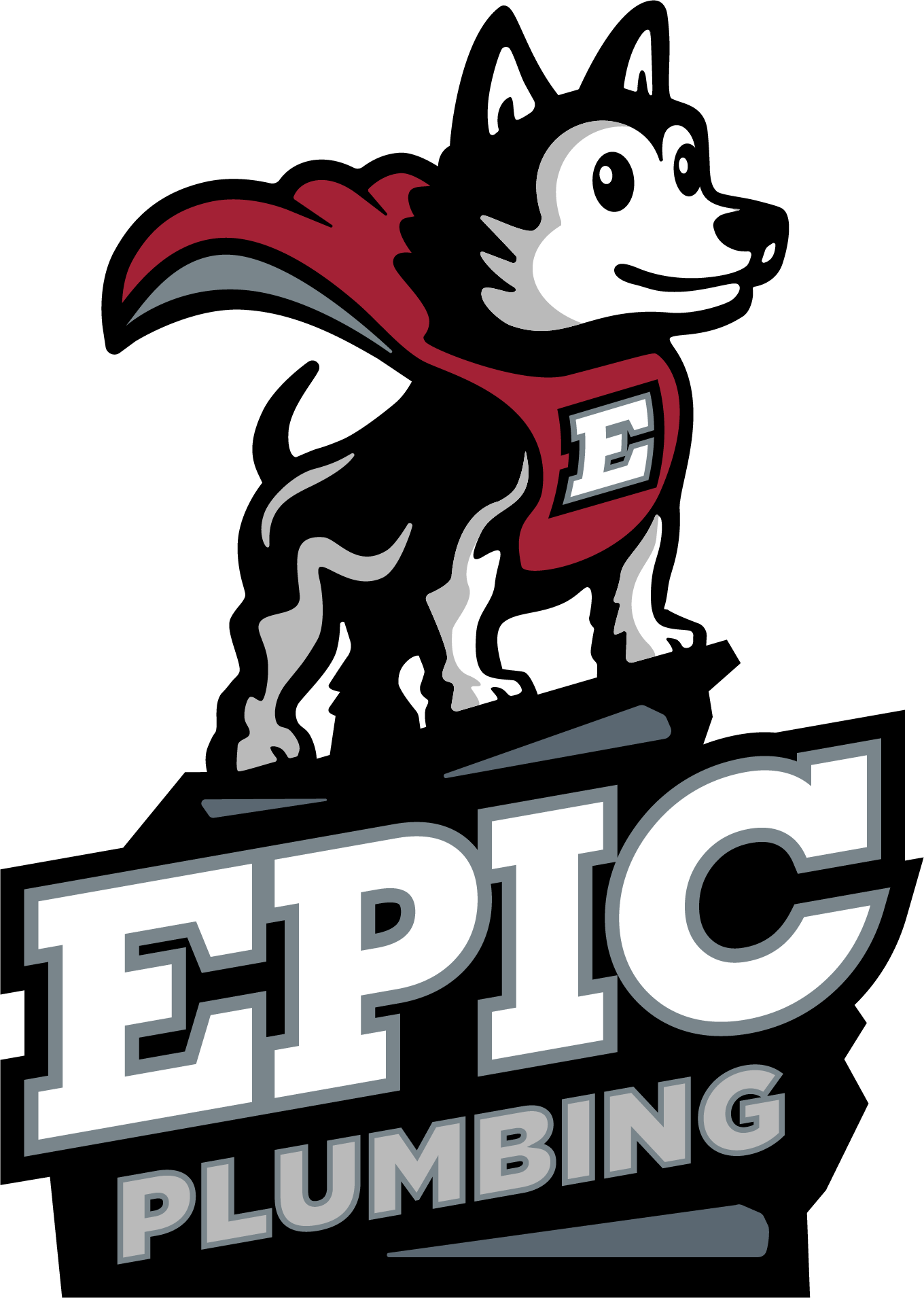WATER HEATER 101
What Do I Need to Know About a Water Heater?
Take a moment to imagine a life without hot water. Think about taking showers and baths, cleaning the dishes, and doing your laundry. It’s not a pretty picture. Life without a functioning water heater lacks comfort and ease.
That’s why, today, we here at Epic Plumbing are teaching all of you about water heater maintenance and dishing out insider operational tips! That way, if you do encounter a malfunction, you know what to do. Sit back, relax, and take notes—water heater 101 is commencing.
What Are The Most Common Problems With Water Heaters?
Sediment Build-Up
If you have a noisy water heater, something is not right. Apart from the typical rumbling that accompanies switching your water heater on and off, your water heater should be almost silent during operation. Any popping or banging sounds are signs of sediment build-up within your appliance. You will need to have your water tank flushed out to eliminate the percussion session that occurs when your water heater is working.
Finicky Gas Supply
How do you know if your gas supply is intermittent, and therefore malfunctioning? Your pilot light will flicker, signaling your flame is not igniting. When this occurs, your water heater is not able to adjust the temperature of your water. You will need to contact a professional plumber for water heater repair.
Leaking Water
Not receiving the same amount of water pressure as you normally do? Your tank may be leaking. If you notice a drop in water pressure, go to your tank and look for pooling water. Cracked tanks will produce a puddle around the unit.
Rusty Conditions
If discolored water is coming from your faucets and plumbing fixtures, your water is compromised by rust and your plumbing network is in jeopardy of clogs. A red-ish orange hue will appear in your dispensed water, indicating rust has infiltrated your system. Your water heater will need to be drained and cleaned.
Old Age
Once your water heater has its tenth birthday, it is time for a replacement. You will not only want to replace your unit due to regular wear and tear, but also because its technology is outdated, and costing you in energy bills.
Wrong Size For Your Home
If your water is simply not heating up, your unit may be mis-sized for your home. If your water heater is too big or too small, it will not be able to complete heating cycles and you will be left showering in the cold. You’ll want to install a new water heater.
Water Heater Do's and Don'ts
There are a few things you can do that will keep your water heater operating at maximum efficiency. Follow these tips, and your water heater will remain well-maintained:
Don't: Set Your Water Heater's Temperature Above 120 Degrees Fahrenheit
Do not set your water heater’s temperature above 120 degrees Fahrenheit. Doing so can result in severe injuries. Not to mention, your energy bills will skyrocket.
Do: Leave Space Around Your Unit
You should keep a standard circumference of 2 feet around your water heater. This is imperative in establishing proper airflow needed for successful system operation.
Do: Drain Your Tank Bi-Annually
Over time, debris and sediment will build-up within your system. To prevent water heater failure due to repetitive plumbing clogs, drain your tank twice a year.
For your water heater installation, repair, or replacement, contact Epic Plumbing at (281) 815-2322. Our expert technicians will assess your space and provide comprehensive recommendations to optimize your water heater function and efficiency.

